Adultery is defined as a sexual relationship between a married person and someone, not their spouse. Adultery is very common in modern times and dissatisfaction, both mental and physical, is often its main cause. Who is to be blamed, the one cheating or the one cheated? Are there different rules for adultery by man and woman? Though modern times offer divorce as a solution, if there is no satisfaction in a marriage, how many choose divorce over adultery? How were these aspects dealt with in ancient times or in mythology? Let’s take a look at the mythological story of Tara and Chandradev.
Related Reading: Krishna And Rukmini: How His Wife Was A Lot Bolder Than Today’s Women
This Is How The Story Of Tara And Chandradev Goes…
Table of Contents
Let me tell you an interesting story from the first book of Shrimad Devi Bhagavatam, Chapter XI. Sage Brihaspati, the guru of the gods, was married to Tara, a young, beautiful and lively woman. Once she visited the land of Chandra, the moon.
She instantly fell in love with Chandra and was enamoured by his youthful looks and his skills of lovemaking. Tara decided not to return to a loveless marriage with the old sage. Tara was the wife of Brihaspati but she felt much happier being with Chandradev. When Brihaspati sent word to her to return, she declined to come back. Angry, he went to fetch her.
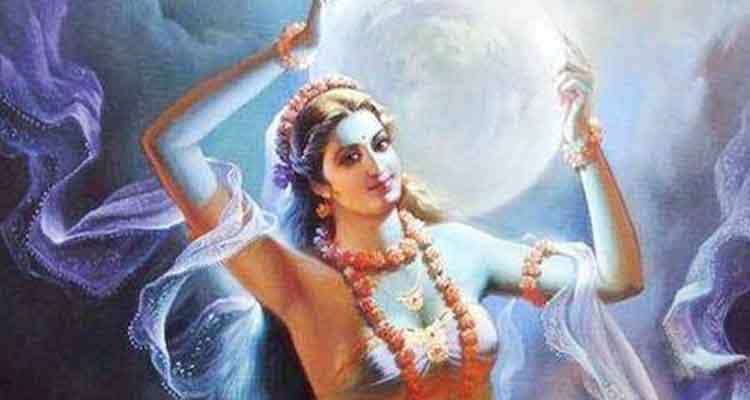
Chandra was accused of adultery
Brihaspati reminded Chandra that it was against the norm to keep Tara, as she was Chandra’s gurupatni and thus like a mother to him, and having sex with her was a sin. Chandra laughed at him and wondered why sages quoted the scriptures only to suit them.
He further ridiculed his guru, asking what curse he could levy when he didn’t have basic knowledge of fulfilling a woman’s desires.
Finally he said that he hadn’t forced Tara to stay with him, she had decided to stay herself and that itself spoke volumes about the sage’s ability to keep his wife. The sage accused Chandra of adultery, but Chandra refused to be concerned with anything that his guru had to say. Tara and Chandradev were more than happy being together and he was not willing to let go.
Related Reading: The Uncomfortable Love Of Brahma And Saraswati
Chandra didn’t want to return Tara
Brishaspati had to leave and reconcile to the fact that his wife had left him willingly and there was no blaming anybody else, but soon he was beginning to miss her. Once again he landed at Chandra’s door, but this time, he wasn’t allowed to cross the gates. This angered the guru to no end and he shouted at Chandra that if he didn’t return his wife, he would curse him to ashes. An infuriated Chandra came out to ask why an old man like him needed such a young woman for a wife, when he wasn’t even capable of satisfying her. Finally, Chandra told the sage that he could do whatever he wanted, but he wouldn’t return Tara, until and unless she herself decided to leave him. So Tara and Chandradev stayed on together and their love bloomed.
The Tara and Chandra relationship raised important questions
A crestfallen Brihaspati sought help from Lord Indra. Indra confronted Chandra and asked him to return Tara to Brihaspati. Chandra reminded Indra of his own liaison with Sage Gautam’s wife Ahalya, except that in this case Tara had come to him voluntarily.
At this stage Chandra raised two very important questions, irrespective of morality and duty: One, if a woman willfully left her home to stay with another man, was the other man to be blamed; and second, family bliss was dependent on both the husband and the wife being happy, but if the wife isn’t happy, then how could one ensure the happiness of the family?
The two important questions, of course, were lost in the war of words and soon matters came to the stage of an imminent war between Indra and Chandra. Lord Brahma intervened and declared that Tara would have to leave Chandra and go back to her husband.

But the matter was not so simple. Tara was pregnant with Chandra’s son, which led to another altercation between Brihaspati and Chandra. Once again Lord Brahma had to intervene. Tara confirmed that the child was Chandra’s and thus Chandra was acknowledged as the father of the child, whom he named Budh.
What is interesting is that nowhere is Tara chastised or blamed, nor is she reprimanded for leaving her husband and living with another man.
In the so-called justice meted out by Lord Brahma, while he doesn’t ask for Tara’s opinion and sends her back to her husband, there are no words of reproach or morality either. Even to establish fatherhood, Tara’s decision is final.
The text is bold, focussing on aspects of physical attraction and lovemaking skills as perceived by a woman. Emotion, love, etc. are not discussed or focused on.
Would the matter be as simple today? Or are the questions it raises still very pertinent? It is really interesting to rediscover intense love stories in Indian mythology.
Utkarsh Patel talks about the story of Ahalya and Indra: If she didn’t know he was an imposter, could it be called adultery? And Raksha Bharadia analyses the two sides of extramarital affairs.
Your contribution does not constitute a charitable donation. It will allow Bonobology to continue bringing you new and up-to-date information in our pursuit of helping anyone in the world to learn how to do anything.

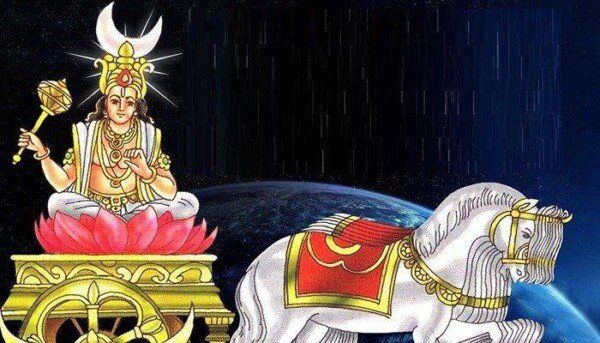



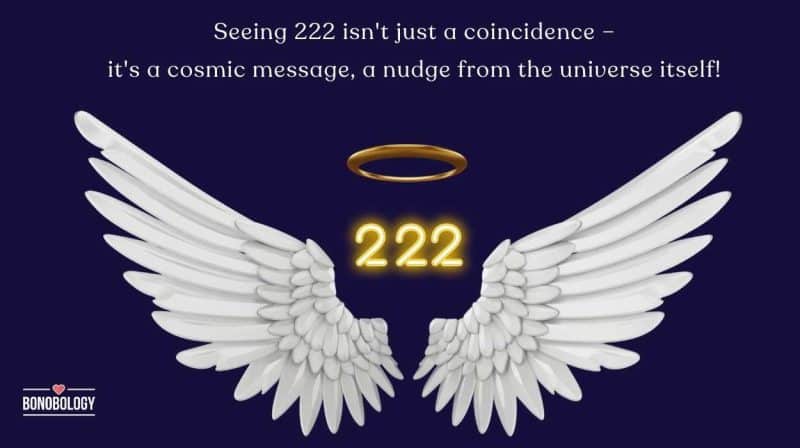



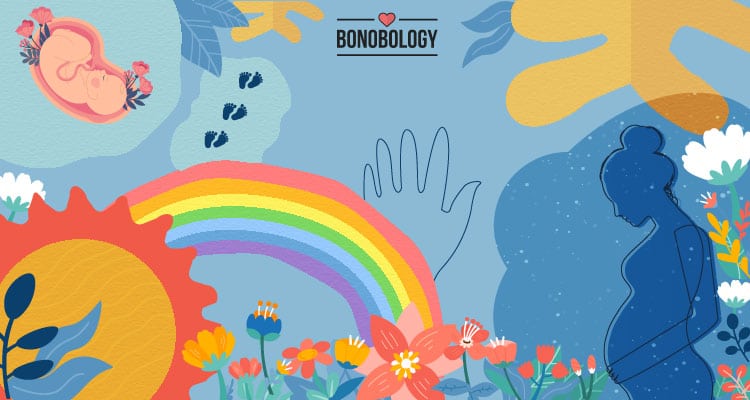





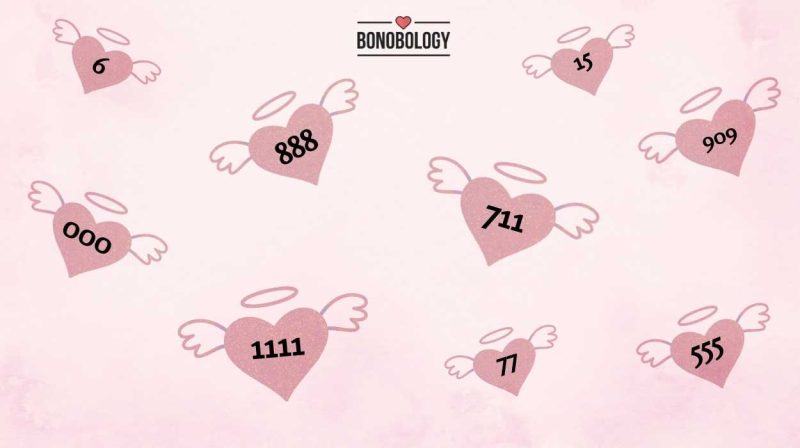







Featured
19 Spiritual Signs Someone Is Thinking About You Sexually
7 Signs Someone Is Constantly Thinking About You – It’s More Than Just Coincidence
Seeing 222 When Thinking Of Someone – Meanings And What To Do
Your Guide On Numerology Compatibility – What’s Your Life Path Number And Who Are You Most Compatible With?
Twin Flame Reunion – Clear Signs And Stages
Psychic Expert Shares 21 Spiritual Signs Your Ex Misses You And Wants You Back
What Is The Spiritual Meaning Of Being Pregnant In A Dream? 7 Possible Explanations
17 Powerful Signs From The Universe Your Ex Is Coming Back
What Is Agape Love And Its Role In Modern Relationships
Sexual Ties: Meaning, Signs, And Tips To Break Away
21 Miraculous Prayers For Marriage Restoration
Psychic Expert Shares 11 Spiritual Signs He Will Come Back
15 Angel Numbers For Love And Relationship
10 Signs You Are In A Spiritual Relationship With Someone
11 Beautiful Ways God Leads You To Your Spouse
What Does Yin And Yang Mean And How To Find The Balance
Everyday Yin And Yang Examples In Relationships
8 Types Of Soulmates And Deep Soul Connection Signs
Cosmic Connection — You Don’t Meet These 9 People By Accident
21 Beautiful Prayers For Your Husband For Everlasting Love